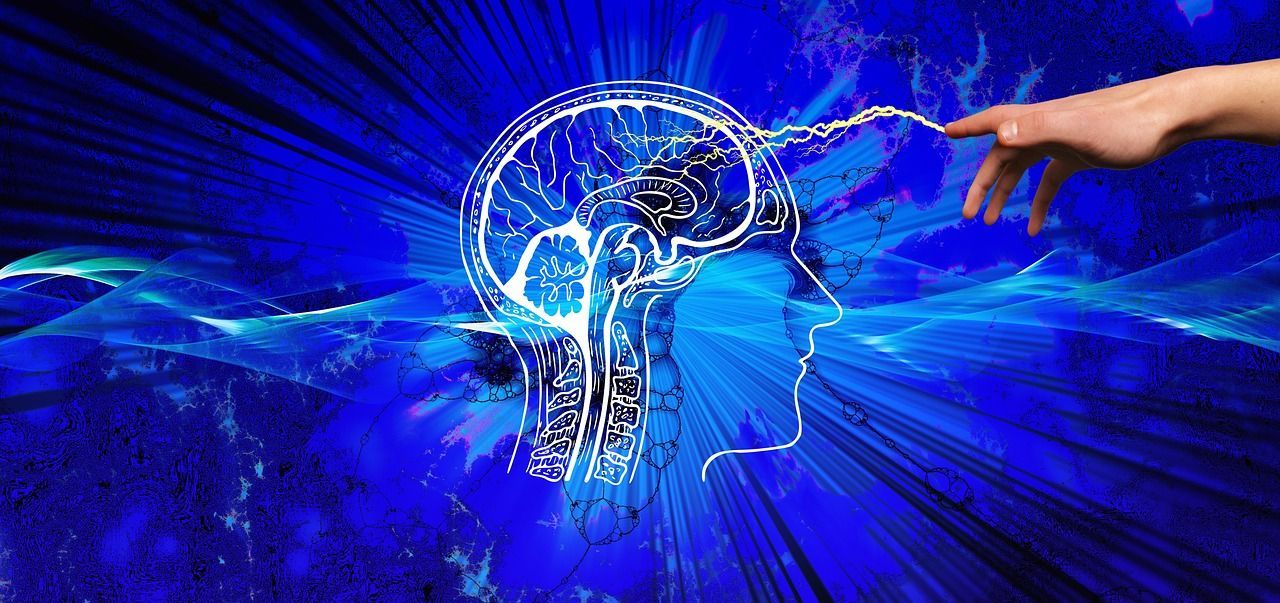The Science of Longevity: Breakthroughs in Anti-Aging

About the Author
Ron B is a globally recognized expert in personal and professional development, holding multiple advanced certifications, including:
- Master Practitioner of NLP (MNLP): Expert in Neuro-Linguistic Programming, helping individuals rewire their thought patterns for success.
- Master NLP Coach (Executive & Life): Skilled in coaching executives and individuals to reach their full potential.
- Master Practitioner of Timeline Therapy™ (MTLT): Specializing in releasing negative emotions and limiting beliefs to foster a more empowered future.
- Board Designated Hypnosis Trainer (TCHt): Authority in utilizing hypnosis for transformation and behavioral change.
- Certified Value Builder: Proficient in enhancing business value and driving entrepreneurial success.
- International Tax Specialist: Knowledgeable in global tax strategies and financial planning.
With a deep passion for guiding people towards greater health and wealth, Ron B has dedicated their career to being a catalyst for change. They advocate for a shift from our current reactive sick care system to one of proactive care, empowering individuals to take charge of their well-being and financial future.
Through this blog, Ron B aims to share insights, strategies, and inspiration, helping entrepreneurs lead energized and lengthy lives that are fulfilling.
Merriam-Webster defines longevity as “length of life” or “a long duration of individual life.” At The Longevity Train, we expand this definition to include healthy outcomes—because a long life is only meaningful and achievable when paired with wellness.
What was once the stuff of legend—ancient civilizations dreaming of a fountain of youth—has transitioned from myth to measurable science. Thanks to modern advancements, humanity is inching closer to unraveling the secrets of living longer and healthier. In this post, we delve into the latest breakthroughs in anti-aging science and their transformative potential for the future.
The Biology of Aging
Aging is a complex process influenced by genetics, lifestyle, and environmental factors. At its core, aging involves the gradual decline of cellular and molecular functions, leading to the development of age-related “dis-ease”. Many researchers are now of the belief that aging is more a disease to be treated than merely our inevitable lot in life.
Key biological mechanisms include:
- Cellular Senescence: Cells that stop dividing but do not die, releasing harmful chemicals that damage surrounding tissues.
- Telomere Shortening: Protective caps at the ends of chromosomes that shorten with each cell division, eventually leading to cellular dysfunction.
- Mitochondrial Dysfunction: The breakdown of the cell’s energy powerhouse, leading to reduced energy production and increased oxidative stress.
- Epigenetic Changes: Modifications to DNA that influence gene expression without altering the genetic code, often disrupting cellular function over time.
Breakthroughs in Anti-Aging Research
- Senolytics: Researchers have developed drugs that target and eliminate senescent cells. These therapies have shown promise in reducing inflammation and restoring tissue function in preclinical studies.
- Telomere Extension: Advances in gene therapy are enabling scientists to extend telomeres, effectively rejuvenating cells. This approach has potential applications for delaying age-related diseases and improving overall cellular health.
- NAD+ Boosters: Nicotinamide adenine dinucleotide (NAD+) is a molecule critical for cellular energy production. As NAD+ levels decline with age, supplementation has been shown to improve mitochondrial function and enhance cellular repair mechanisms.
- CRISPR and Gene Editing: Precise editing of the human genome is opening doors to correcting age-related genetic mutations, potentially preventing diseases before they manifest.
- Artificial Intelligence in Drug Discovery: AI is accelerating the identification of compounds that target aging pathways, significantly shortening the time from research to clinical application.
- Caloric Restriction Mimetics: Scientists are identifying compounds that mimic the effects of caloric restriction—a proven method to extend lifespan in animal studies—without the need for extreme dieting.
Lifestyle and Longevity
As mentioned in previous blogs, while cutting-edge science holds immense promise, certain lifestyle interventions remain foundational to longevity. As one of my gurus always says, if you can live long enough without getting thrown under the bus, you will be able to benefit from the amazing breakthroughs coming very quickly.
In the meantime, follow the standard lifestyle recommendations:
- Diet: Plant-based and Mediterranean diets rich in antioxidants and healthy fats can mitigate cellular damage.
- Exercise: Regular physical activity improves cardiovascular health, maintains muscle mass, and reduces inflammation.
- Sleep: Prioritizing quality sleep enhances cellular repair and cognitive function.
- Stress Management: Chronic stress accelerates aging; mindfulness practices and relaxation techniques can counteract its effects.
Ethical and Societal Implications
As anti-aging technologies advance, ethical questions about access, affordability, and equity arise. Will these breakthroughs be available to all, or only to a privileged few? Additionally, a longer life span necessitates rethinking societal structures, from retirement to healthcare systems.
The Future of Longevity and Anti-aging
The science of longevity is progressing at a remarkable pace, with breakthroughs already making their way into clinical trials. While immortality remains a distant dream, advancements in anti-aging research are paving the way for longer, healthier, and more vibrant lives. The fountain of youth may no longer be a myth—it could be emerging from today’s laboratories, waiting to transform our future.
With these advancements, the possibility of extending both the length and quality of life—our lifespan and healthspan—is no longer out of reach. By blending cutting-edge research with proven lifestyle practices, humanity is poised to redefine aging in the 21st century.
As AI therapists, personal trainers, and well-being coaches rise alongside platforms offering personalized health solutions, proactive health and wellness are becoming the new norm. It’s time to focus on prevention rather than cure—addressing health challenges before they emerge instead of reacting after the damage is done.
So why wait? Embrace the science of longevity and take charge of your well-being. Become the CEO of your health, and join us aboard The Longevity Train. Your journey to a longer, healthier, and more vibrant life starts here!
Book time to discuss what that journey could look like for you.
Get your FREE Guide to Graceful Aging - 6 Tips To Avoid Red Face Moments, by clicking on the button below.







Energized Aging For Entrepreneurs




